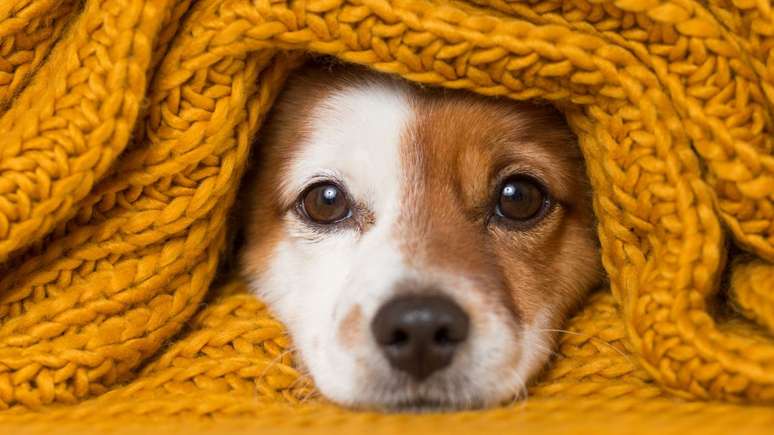Expert explains why respiratory diseases for pets are more common in winter and how to protect their four -legged friends
Node winterIt is not only humans who become more vulnerable to respiratory diseases, but this also happens with pets. The probability of these diseases or other cold problems is even greater in the case of animals that are still puppies, they are already elderly or have short hair.
“The cold can cause thermal discomfort, worsen arthritis and arthrosis, reduce immunity and encourage infections. Furthermore, the habit of maintaining closed doors and windows reduces ventilation, increasing the proliferation of viruses and bacteria in the environment”, explains dr. Aline Ambrogi, professor of Veterinary Medicine at the Jaguariúna University Center (Unifaj).
One of the main reasons to increase respiratory diseases for pets in winter is that cold and dry air irritates the airways and compromises the natural mechanisms of defense of the respiratory system. According to the expert, this facilitates the entry of infectious agents such as viruses and bacteria.
“The greatest proximity among animals (in dogs, shelters or even the interior) also facilitates the transmission of contagious diseases, such as dog cough in dogs and the feline respiratory complex in cats, diseases also known as the influence for dogs and cats, respectively”, comments.
Care with pets in winter
To avoid respiratory diseases and other problems that are consequences of cold in pets, take the following treatments:
- Keep the environment warm: First of all, avoid leaving pets in places with air or without refuge. Offer beds with blankets and blankets. For animals that are far from home, protect the house of the wind and humidity
- Avoid baths in very cold days: If necessary, prefer the hottest times of the day, dry the animal well with towel and dryer and keep it hot after the bathroom
- Balanced food: A good quality diet helps keep the immune system strong. In some cases, there may be an increase in the demand for energy (such as outdoor animals) and the vet can guide adjustments
- Environmental hygiene and ventilation: Even in the cold, it is important to keep the places clean and with good ventilation to reduce the concentration of microorganisms
- Updated vaccination: Vaccines prevent important respiratory diseases, such as Canis cough in dogs and respiratory viruses in cats
- Attention to clinical signs: Cough, sneezing, nasal discharge, lack of appetite or discouragement are warning signals. In these cases, look for a veterinarian
And the clothes for pets?
A question that many tutors have in winter is if they should put cold clothes on their pets. And, according to the professional, it depends on the case.
“For short hair, elderly, puppies or chronic diseases, clothes are an advantage as they help to maintain body temperature,” he says. However, some treatments must be taken.
Dresses should always be comfortable, without squeezing or hindering the movements and the material must be soft and easy to wash. In addition, in the case of animals with dermatitis or allergies, it is necessary to consult a veterinarian to find out if the animal can use clothes.
There is also the case of pets that do not like to wear clothes and force them can cause stress. “In these cases, giving priority to thermal comfort with blankets and hot places”, recommends Dr. Aline. Finally, even if your pet uses clothes, you have to take all the other treatments mentioned in winter.
Source: Terra
Ben Stock is a lifestyle journalist and author at Gossipify. He writes about topics such as health, wellness, travel, food and home decor. He provides practical advice and inspiration to improve well-being, keeps readers up to date with latest lifestyle news and trends, known for his engaging writing style, in-depth analysis and unique perspectives.









